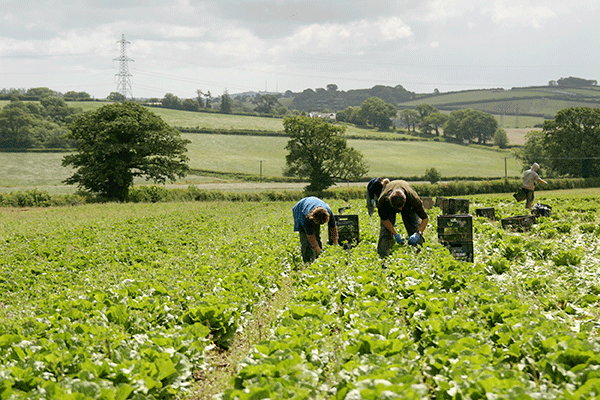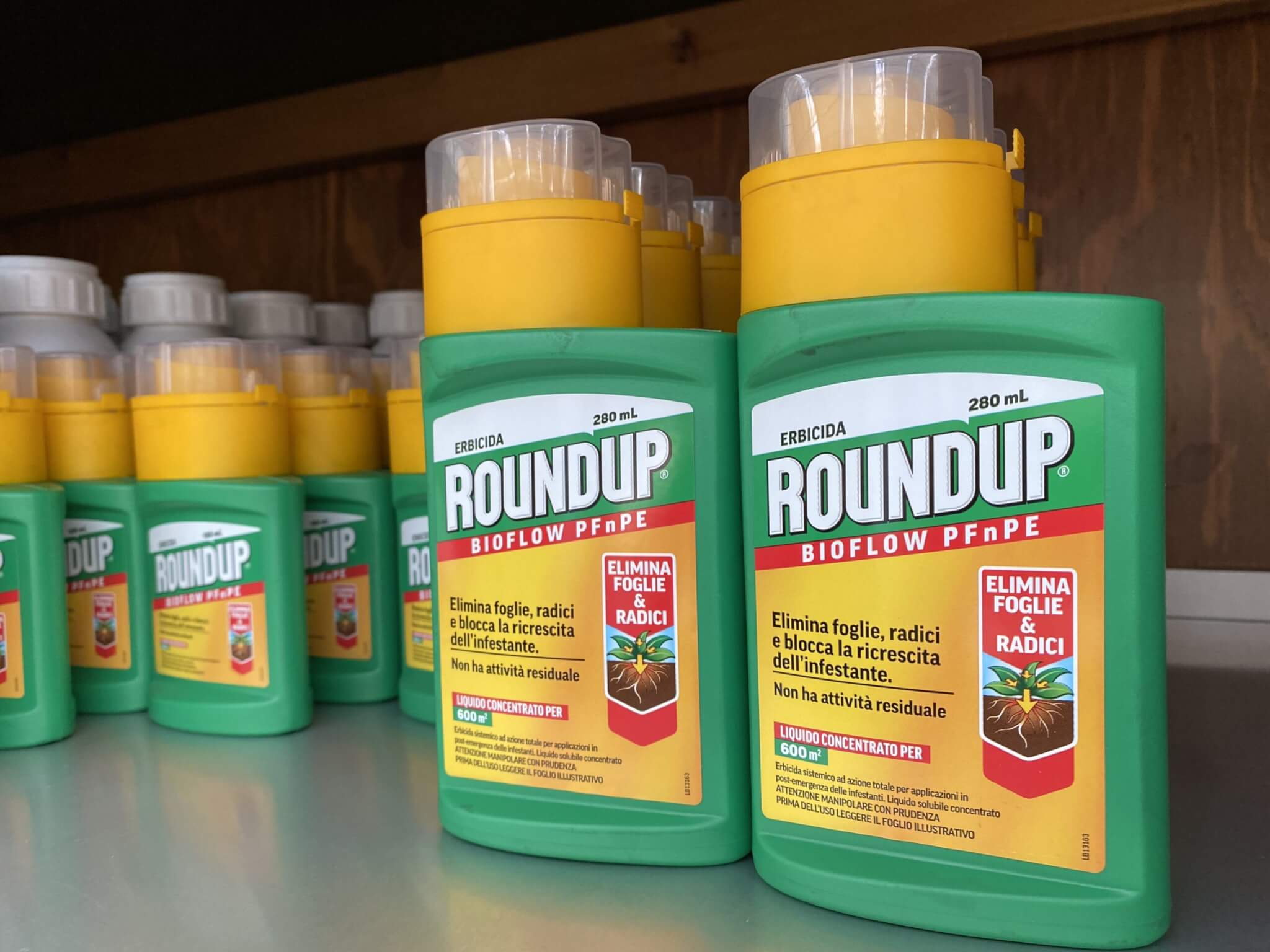The Government has dropped a campaign to recruit British workers to pick fruit and veg on farms after only a year due to low take-up.
The ‘Pick for Britain’ campaign launched last year, alongside similar company-run recruitment drives, to encourage out-of-work Brits to help plug a shortage of EU seasonal workers on farms due to the pandemic.
Despite gaining widespread public attention and initially attracting tens of thousands of applicants for a relatively small number of positions, it was ultimately ineffective in recruiting domestic workers for seasonal agricultural work.
Out of the 70,000 picking and packing jobs the scheme sought to fill, trade magazine The Grocer reported that only between five and 11 per cent were fulfilled by British people.
The Pick for Britain campaign said in a statement: “Defra would like to extend its sincere gratitude to all campaign partners who supported this project. With your help the Pick for Britain message generated unprecedented interest in these roles across the country and helped our farmers and growers bring home the harvest.”
British growers have said there are a wide range of factors behind the failure to encourage British people to work in an industry that has become increasingly dominated by EU workers, who migrate for the picking season.

According to Suffolk-based vegetable producer James Foskett, British workers are not accustomed to the hard work that a competitive farming business requires.
“Last season we tried to make use of British workers, but it was really quite difficult and unrewarding,” Foskett said. “Out of approximately 85 casual staff, we ended up with six that were from the UK and stuck the season.
“I’m afraid the meaning of the snowflake generation is very much to the fore at the moment. Without the Eastern Europeans, my organic business would close tomorrow.”
Organisations that source and support seasonal farm workers have pointed to more structural barriers preventing Brits accepting seasonal farm work.
“The main barriers to people accepting roles have been that the candidate is unable to accept the length of contract, that the farm is too far away from their home, that they don’t want to travel/commute, [have] care responsibilities that prevent full-time work or that they only want to do part-time work,” Donna Holland of labour provider Concordia told Wicked Leeks in a piece last year.
The news that the campaign will be axed comes amid rising concerns in the industry that it will be another tricky season with uncertainty over further travel restrictions due to the ongoing pandemic.













I applied, could I find out the wages? No I couldn’t so I didn’t pursue it.
What a triumph for the government’s policy of restricting migration to higher-paid skills while trying to recruit unemployed locals into lower-paid jobs – some of which (Riverford excepted, of course!) fluctuate widely depending on supermarket demand. How about welcoming people who already have the skills (now they’ve found out picking and packing actually is skilled work) and investing in (re-)training?
In the 1960s UK students picked fruit, vegetables and worked in canning factories. We were recruited via college notice boards, stayed in dormitories, were fed and paid, for a fortnight at a time. Can modern students do the same?
agran
This is poor from everyone involved.. I looked at this at the time.. it was difficult to find information on.. wage structures, accomodation arrangements, locations, contract lengths .. it was all a sham.. these farmers want easy workers who they can abuse, either intentionally or not. Advertise clearly and transparently with decent wages and you would have applications from British people.. I bet they have full time agencies in Eastern Europe who sort them out each year.. hence the reluctance to engage the British public..